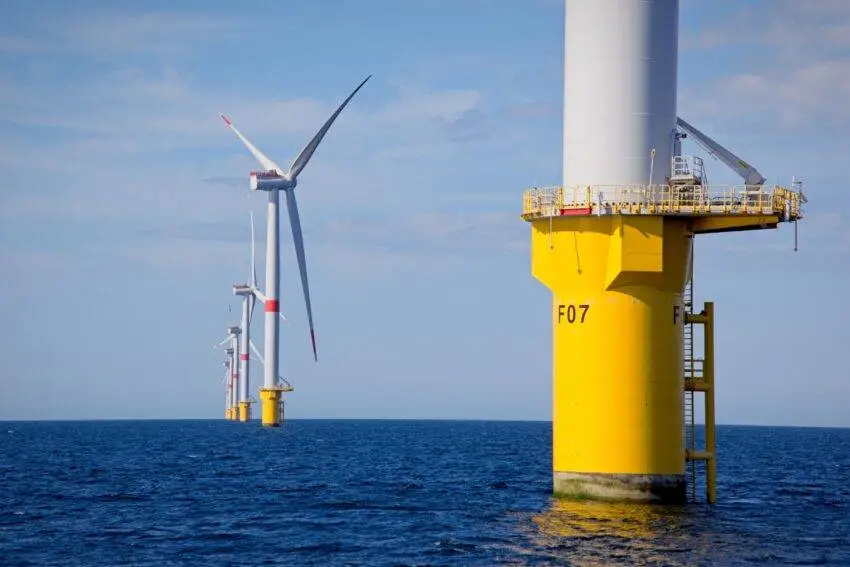BP has decided to halt its offshore wind projects. The move comes amidst a shifting strategy under its new CEO.
This decision reflects a refocus on fossil fuels, driven by investor concerns over the profitability of renewable energy ventures.
A Shift in Leadership
Auchincloss, BP’s new CEO, has decided to slow down investments in large-scale, low-carbon projects. Offshore wind projects particularly don’t promise immediate returns.
This decision is a stark contrast to the policies of Bernard Looney, the previous CEO, who started transitioning BP away from fossil fuels. Looney resigned last autumn amidst personal scandals.
Investor Concerns and Market Pressures
The decision is heavily influenced by investor concerns over the profitability of BP’s renewable energy efforts. Oil and gas profits have surged post-pandemic and due to geopolitical instability following Russia’s invasion of Ukraine.
BP’s CFO, Kate Thomson, and Auchincloss are now prioritising investments in existing oil and gas operations, focusing on the Gulf of Mexico and US onshore shale basins. These investments are expected to generate quicker returns.
Continued Investment in Biofuels
BP remains open to investing in biofuels and other low-carbon ventures that promise quicker returns.
Recently, BP agreed to purchase a 50% stake in a Brazilian sugar and ethanol joint venture from grain trader Bunge for $1.4 billion (£1.1 billion).
Despite the shift in strategy, some job cuts within the renewables sector are expected, although specific targets haven’t been disclosed. BP also has a company-wide hiring freeze, with exceptions for essential frontline and safety personnel.
Emphasis on Pragmatism and Cost-Saving
Since taking over, Auchincloss has emphasised a practical approach. This includes a $2 billion cost-saving drive by the end of 2026 and a streamlined executive leadership team.
BP’s shares haven’t performed well recently, leading to speculation about potential takeover bids and increasing pressure on Auchincloss to balance decarbonisation with fossil fuel demands.
BP’s 2023 Investments
In 2023, BP allocated $2.5 billion to renewables, hydrogen, electric car charging, and biofuels out of a total investment budget of $16 billion.
Despite these investments, BP remains the only major oil company with clear targets to reduce its oil and gas production.
In contrast, Shell has recently shifted its strategy to focus on high-return businesses, scaling back investments in many renewable and low-carbon energy sectors.
Potential Backlash and Future Challenges
The decision to halt offshore wind projects is expected to draw criticism from climate activists who have long campaigned for BP’s transition to clean energy.
As BP navigates these complex dynamics, the actions of Auchincloss will be closely watched by both investors and environmental advocates.
The company must balance investor expectations with its long-term sustainability goals.
The Road Ahead
BP aims to become a “simpler, more focused, and higher value company,” as outlined by Auchincloss in a statement to Reuters that detailed six new priorities for the company.
BP’s halt on offshore wind projects marks a significant shift in its energy strategy, reflecting a return to fossil fuels amidst market pressures.
As the company navigates this transition, the balancing act between immediate profitability and long-term sustainability will be crucial.

